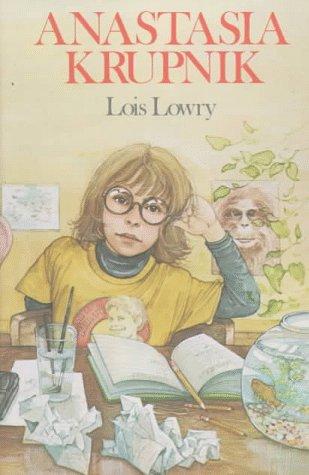Writers Do It Best: Justin Brouckaert

In the ‘Writers Do It Best’ series, contributors reflect on how their education and experiences as writers have uniquely prepared them for their lives outside the writing world. Today, we hear from Justin Brouckaert, a James Dickey Fellow in Fiction at the University of South Carolina. You can follow Justin on Twitter @JJBrouckaert.
 I was playing basketball with friends from the English department a few months ago when someone observed that I seemed to be a mid-range player—a bit of a rarity in pick-up ball. I hadn’t thought of it before—I’d never made an effort to be any particular type of player—but of course he was right: I’m no sharpshooter, and I don’t make my living driving the lane, either. I’m a mid-range guy—the last of a dying breed.
I was playing basketball with friends from the English department a few months ago when someone observed that I seemed to be a mid-range player—a bit of a rarity in pick-up ball. I hadn’t thought of it before—I’d never made an effort to be any particular type of player—but of course he was right: I’m no sharpshooter, and I don’t make my living driving the lane, either. I’m a mid-range guy—the last of a dying breed.
Like writing, basketball is intuitive for me, but embarrassingly enough, I rarely know the fundamentals. And when I do, I have a difficult time putting a name to them. I survive by wearing down more poorly conditioned defenders. My abnormally high shot makes me tough to block. I bank shots from angles no one should attempt, and my best move is a flailing 360-degree fadeaway J that usually comes off the wrong foot.
This is not to say that these things make me a great player, only that in the rare moments I am great, I am almost always sloppy.
Right up until the time I applied to MFAs, I was still largely untrained as a writer, too. I didn’t pen my first story until 2011, and I didn’t start reading contemporary fiction until shortly after. When I started spewing out stories, I was working on intuition alone. The work was raw, but that rawness is also what gave it promise.
Since then, I’ve read hundreds of books and written enough (mostly failed) material to fill a few more. It didn’t take me long to realize intuition would only get me so far—that I also needed to dissect stories, especially my own, to learn how they did or didn’t work. I learned how valuable it can be for a mentor or classmate to help me put a name to something I’m doing intuitively, forming questions so that I might better understand how and why those things are working.
It’s not just a matter of smoothing over rough patches to fit a more recognized arc, but rather learning the best way to build on those intuitive flourishes—to understand how they work and then revise accordingly, keeping originality intact. It is not so much a matter of fixing, but refining.
That realization has made me a more attentive basketball player, too. It’s taught me not to play without thinking, but to study everything from my jumper to my crossover, and, when I pinpoint something successful about my style that’s unique, to learn to better refine my game around it. I’ll likely never be someone who succeeds because of flawless fundamentals, but I’m OK with that—after all, the difference is what sets me apart.


